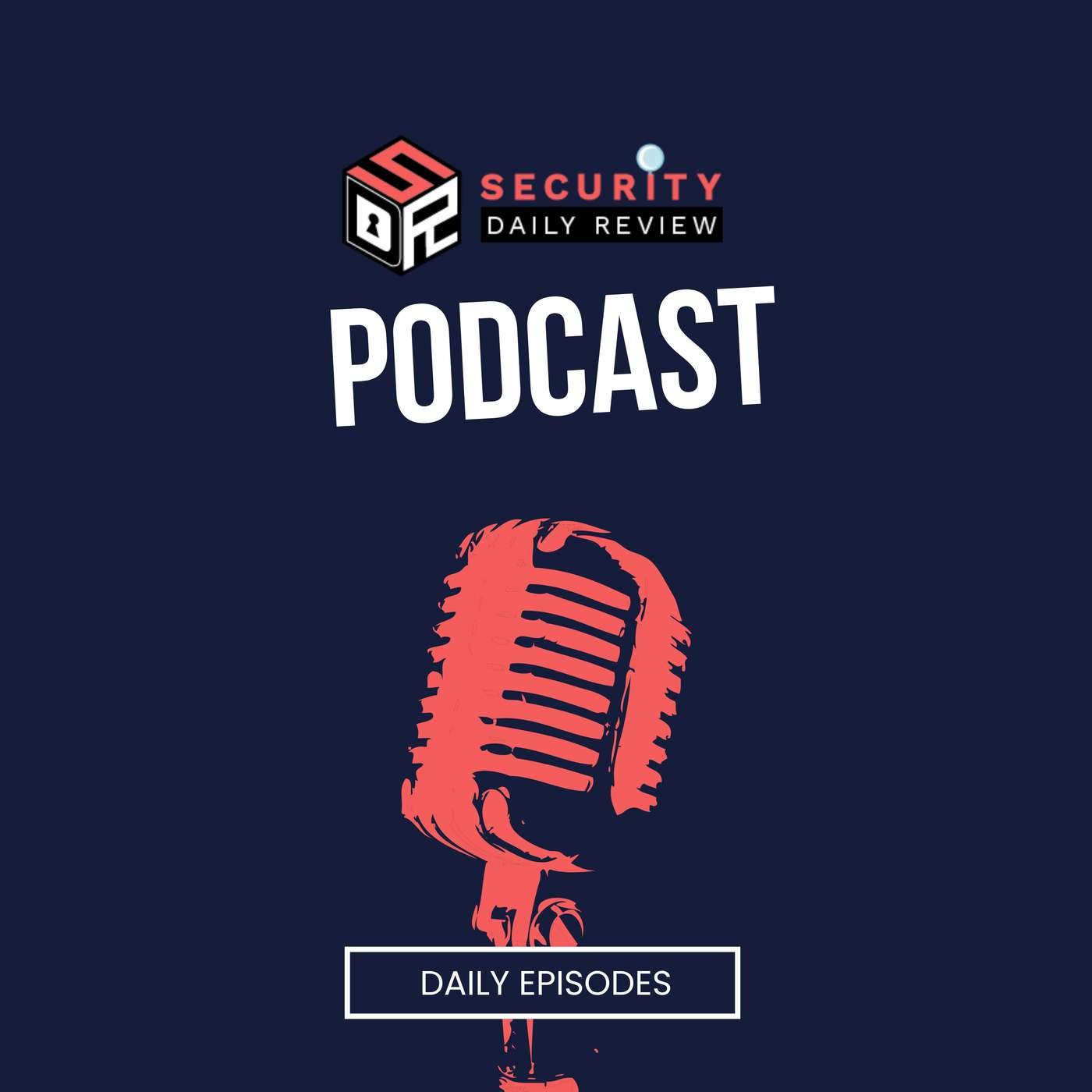The healthcare sector has been rocked yet again by a massive cybersecurity incident. Healthcare Services Group (HCSG), a provider of dining and laundry services to healthcare facilities, disclosed a data breach that compromised the personal information of over 624,000 individuals. Between late September and early October 2024, hackers gained unauthorized access to HCSG’s systems, exfiltrating files containing names, Social Security numbers, driver’s license details, financial account information, and login credentials. While no fraud has been confirmed yet, the scale and sensitivity of the stolen data put victims at significant risk of identity theft.
Adding to the complexity, the ransomware gang Underground has claimed responsibility, boasting of stealing 1.1 terabytes of sensitive documents, including payroll, tax, and stockholder records. Although HCSG has not verified this claim, the potential consequences are severe. Particularly alarming is the exposure of Social Security numbers—data that can be misused to open credit accounts, file fraudulent tax returns, claim benefits, or even create entirely new identities.
HCSG’s response included securing its systems, engaging law enforcement and third-party cybersecurity experts, and offering 12 months of free credit monitoring and identity restoration services to those affected. Yet the incident wasn’t disclosed until August 2025—nine months after discovery—raising questions about transparency, timeliness, and regulatory compliance.
This episode examines not just the HCSG breach, but the broader cybersecurity challenges facing healthcare. Unlike other industries, a cyberattack here can directly threaten patient safety by disrupting care. That’s why initiatives like the Coordinated Healthcare Incident Response Plan (CHIRP) are gaining traction, providing a unified framework to tie together fragmented incident response and continuity measures. We’ll explore how CHIRP emphasizes governance, command center synchronization, communication strategies, and even extortion decision-making in ransomware scenarios.
Listeners will also gain practical advice on mitigating identity theft risks after a breach: setting up fraud alerts, monitoring credit reports, freezing credit if necessary, and securing tax records with an IRS PIN. For healthcare providers, the breach underscores the urgent need for robust data governance, insider threat programs, continuous monitoring, and vendor risk management.
The key takeaway: healthcare data is among the most valuable—and vulnerable—assets in the digital world. Protecting it requires not only technical defenses but also transparent communication, coordinated response, and proactive resilience planning.
#Healthcare #DataBreach #HCSG #Cybersecurity #Ransomware #UndergroundGang #IdentityTheft #CHIRP #PatientSafety #HIPAA #SSN #VendorRisk #HealthcareIT







